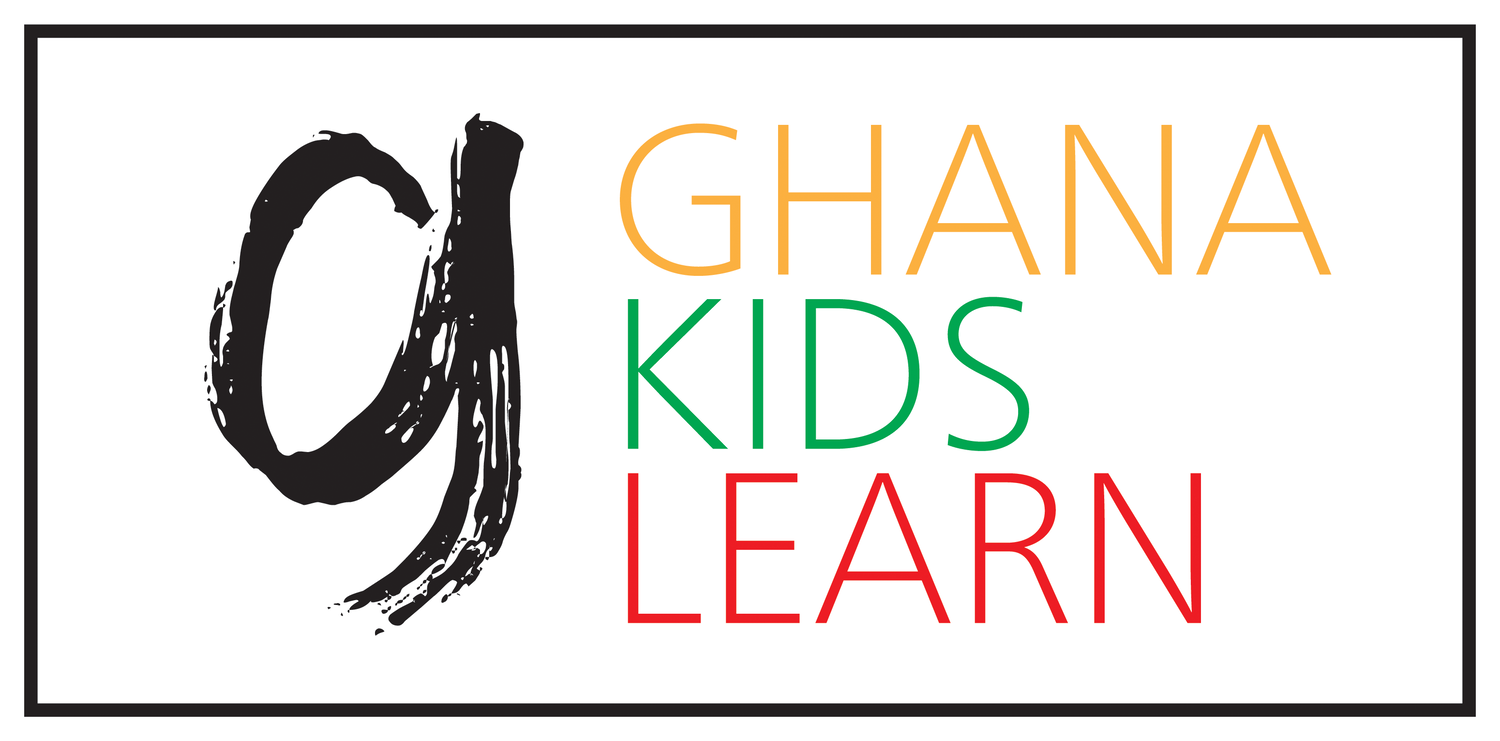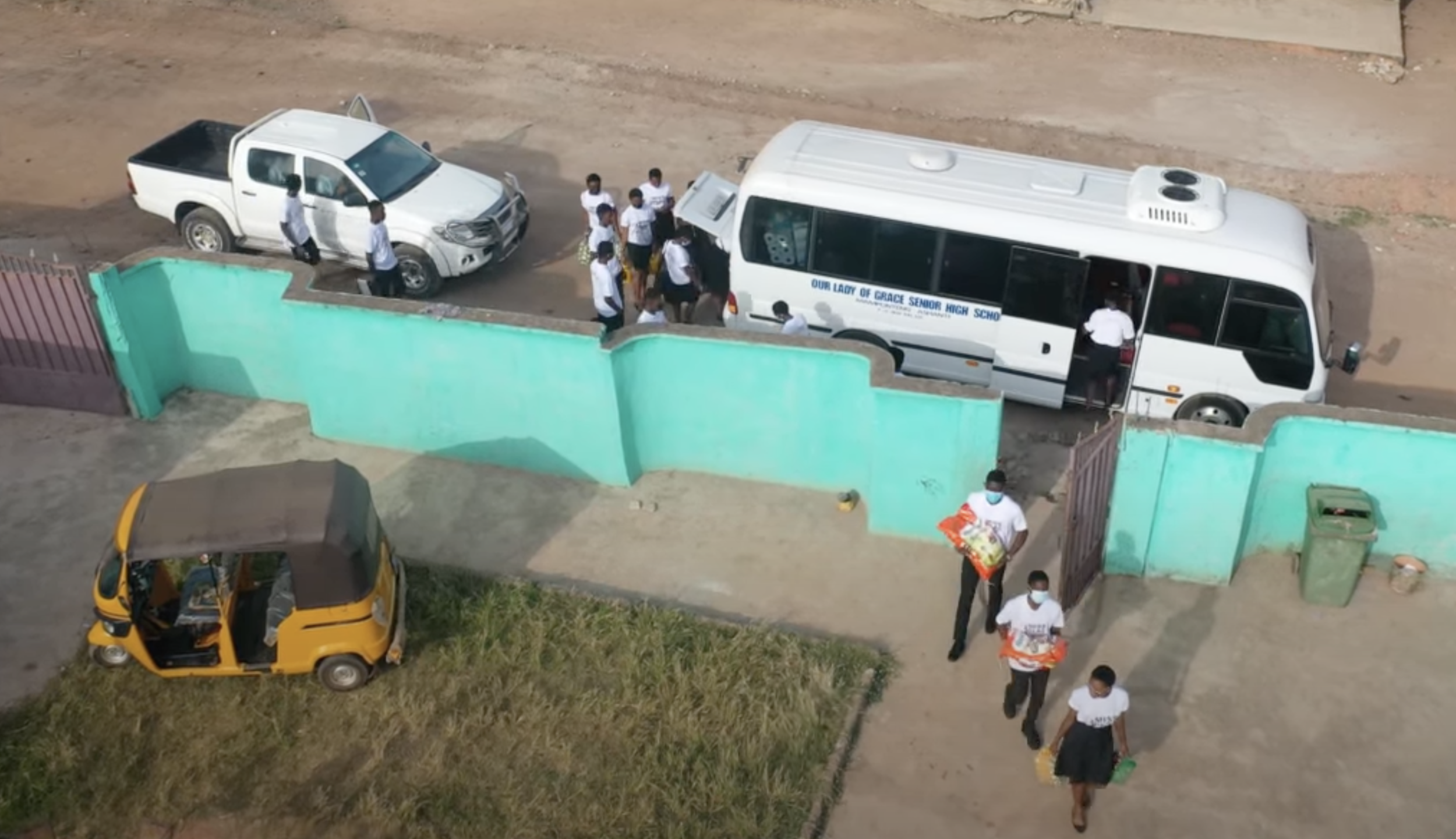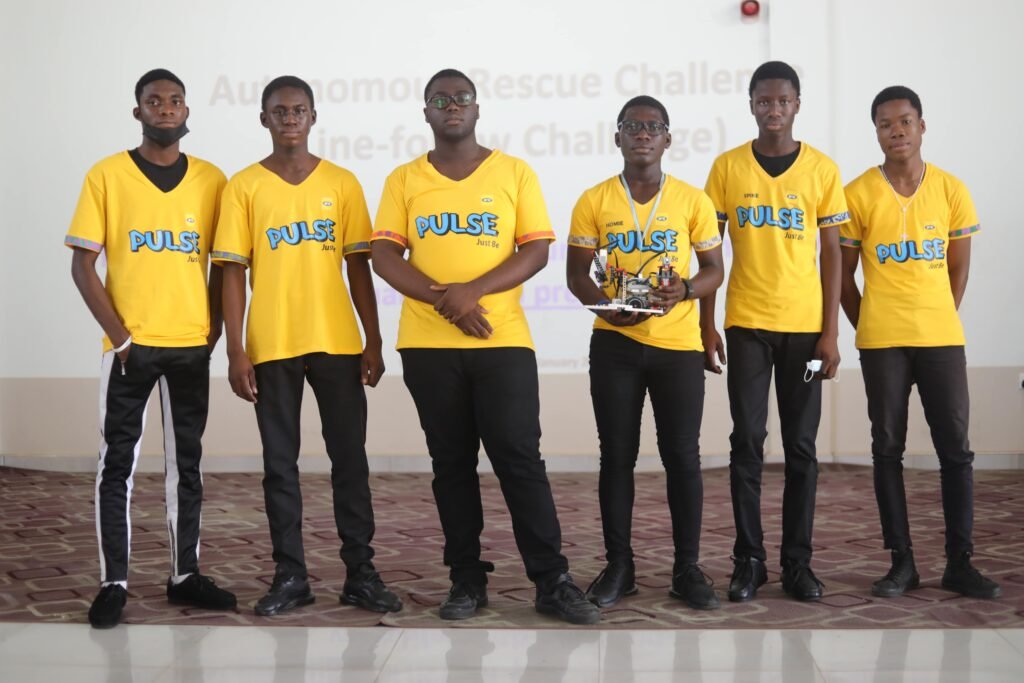
Supporting education and innovation.
“For the LORD gives wisdom;
from his mouth come knowledge and understanding.”
Learning Model
Education in Ghana is divided into three phases: basic education (kindergarten, primary school, lower secondary school), secondary education (upper secondary school, technical and vocational education) and tertiary education (universities, polytechnics and colleges). Basic Education comprises 11 years (Age 4 – 15) of free and compulsory education made up of the following levels: kindergarten, primary and junior high. The secondary general education is assumed by the Senior High School (SHS).
“Education is the key that unlocks the golden door to freedom.”
Senior High School
375,000 Ghanaian students take the Basic Education Certificate Examination (BECE) at the end of Junior High School Form 3 (ninth grade) in seven subjects. Admission to Senior Secondary/High School is competitive: only 150,000 students can be admitted into the 500 public and 200 private national secondary schools. The vast majority of Ghanaian students attend public boarding schools, many of which are highly competitive; there are only half a dozen international private secondary schools in the country, collectively graduating about 300 students a year and offering the IB or A-level curricula.
At the end of Senior Secondary/High School (twelfth/thirteenth grade), all students take the West African Senior Secondary Certificate Examination, or WASSCE, (SSCE through 2005; WASSCE beginning in 2006) in each of their seven or eight subjects. These exams are given nationwide in April-June each year, but the results are not available until the following August. Grading is exceptionally tough: 4% of grades are A’s, and while 80% of grades are passes, only 53% of grades are credit passes of A1-C6. C’s can be quite competitive grades.
“Intelligence plus character - that is the goal of true education.”
Ongoing Challenges
Nearly 623,500 children of primary school age are still not enrolled in primary school and one out of four children in the kindergarten age range (from four to five years of age) are not in pre-school. According to the 2010 national census, 20 percent of children with physical disabilities are not attending school.
Although Ghana has been successful at closing the gender gap when it comes to completing school at primary education level, it is still high at secondary level. Research shows that adolescent girls are usually unable to get an education due to factors such as poverty, gender inequality and long distances from school.

Contact
Feel free to contact us with any questions.
Email
staley.ml@gmail.com
Phone
(612) 812-9484









